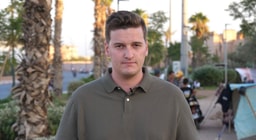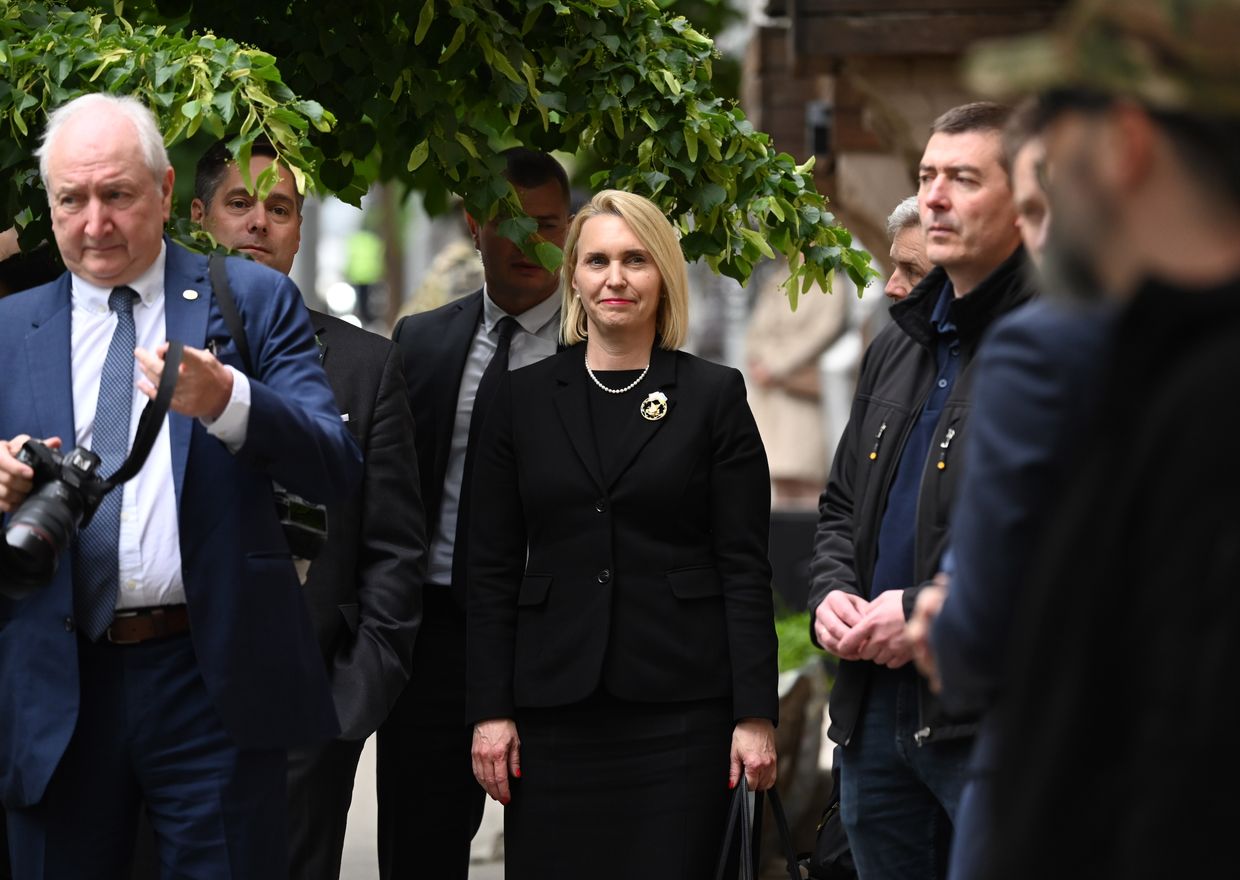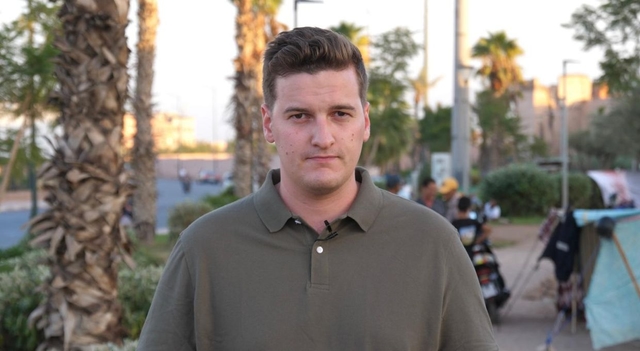'Not a peacekeeping force' — UK defense minister clarifies role of coalition troops after summit

Troops deployed to Ukraine to monitor a potential ceasefire as part of the "coalition of the willing" will not act as a traditional peacekeepers, but as a support to Ukraine's own forces, U.K. Defense Minister John Healy said on April 10.
The coalition, led by the U.K. and France, convened a summit of defense ministers at NATO Headquarters in Brussels on April 10. Representatives from 30 member countries discussed military planning and operational readiness in anticipation of a potential ceasefire.
While 15 countries have reportedly agreed to contribute troops to a "reassurance force," Healy said that these units should not be described as peacekeepers.
"This is not a peacekeeping force that will separate the currently warring sides down the line of contact," Healy told a press briefing in Brussels attended by a Kyiv Independent journalist.
"The most effective deterrence against renewed (Russian President Vladimir) Putin aggression, the best way of cementing a ceasefire is to strengthen the Ukrainian forces themselves."
Healy outlined the coalition's four strategic objectives following the summit: a safe sky, a secure sea, peace on land, and a strong Ukrainian military. In the coming weeks, the defense ministers intend to accelerate the planning process in each specific domain.
Planning is complicated by the "known unknowns" surrounding the precise terms of a future peace settlement, Healy acknowledged. The U.S. has been involved in multiple rounds of ceasefire negotiations with Ukraine and Russia, but thus far Europe has been excluded from these discussions.
"In terms of the negotiations, this isn't about negotiations," Healy said.
"It's about being ready for the point after the negotiations, when we get a ceasefire and the prospect of a longer term peace. For Ukraine, they know that their best deterrence and the best guarantor of a durable peace is their own armed forces strength."
Healy said that fortifying Ukraine's military is essential to securing a lasting peace, something U.S. President Donald Trump has repeatedly identified as a top priority of his administration.
"The U.S. are looking to broker a lasting peace," Healy said.
"You won't have a lasting and durable peace unless there is a strength of deterrence inherent in the Ukrainian forces and sufficient to say to Putin: you cannot use this as an opportunity to reboot and invade."
Healy also urged Ukraine's allies to put additional pressure on Putin to force him into meaningful negotiations.
Bloomberg reported on April 9 that the coalition's efforts have been stymied by Washington's refusal to provide concrete security guarantees to Ukraine. While Trump has ruled out U.S. participation in the "reassurance force," France and the U.K. hope to secure U.S. airpower, intelligence support, or border surveillance as a backstop to the coalition's efforts.
At least 37 countries, including European, Asian, and Commonwealth nations, have been involved in the coalition's discussions. Members have pledged assistance in the form of troops, intelligence, weapons, and naval support.
Allied troops, which could number between 10,000 and 30,000, would likely work to secure strategic facilities in the rear while Ukrainian forces would continue to act as the main deterrent to Russian aggression.
"The future force that Ukraine wishes to establish and the support ... that they will get from nations led by the U.K. and France, as part of the coalition of willing, will be essentially part of deterring Russia for the future and giving the Ukrainians their sovereignty and their control and the best guarantee of peace for the future," Healy said.















